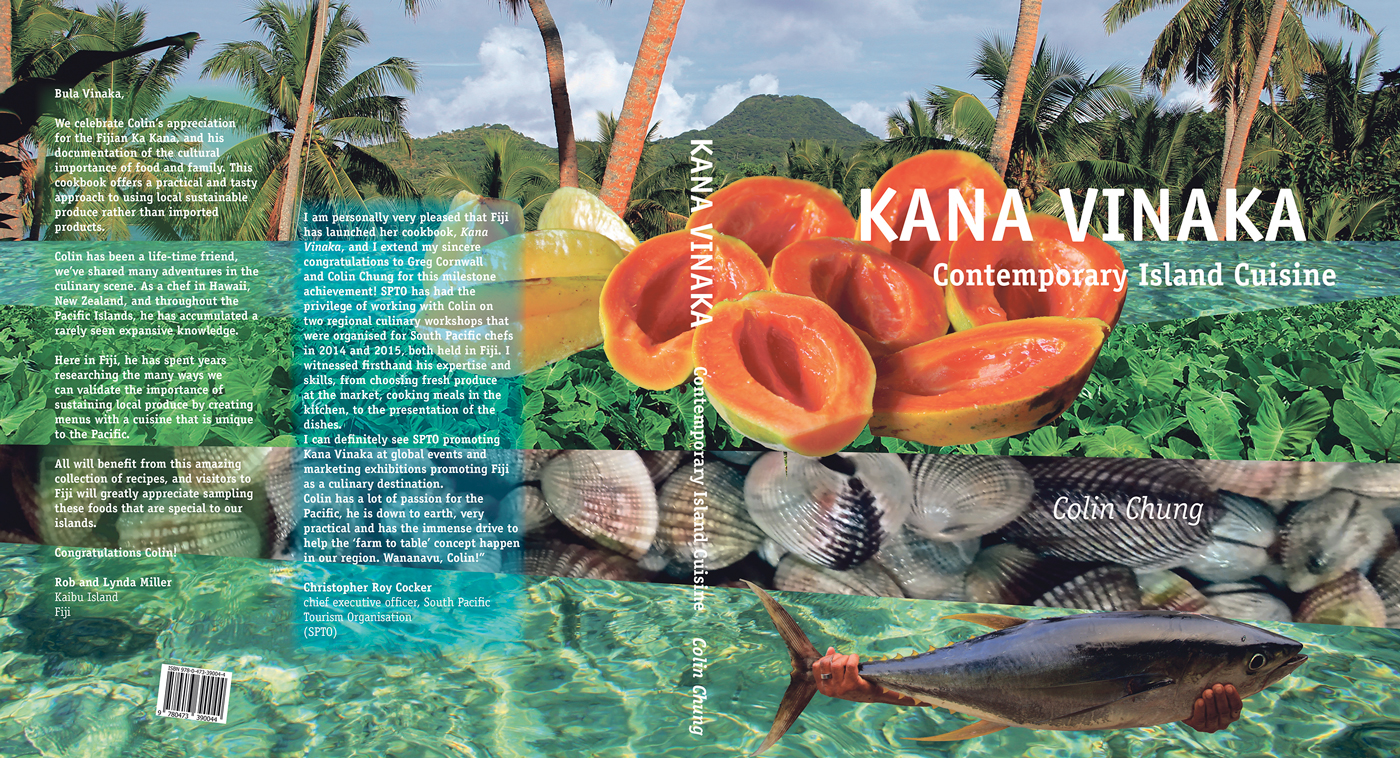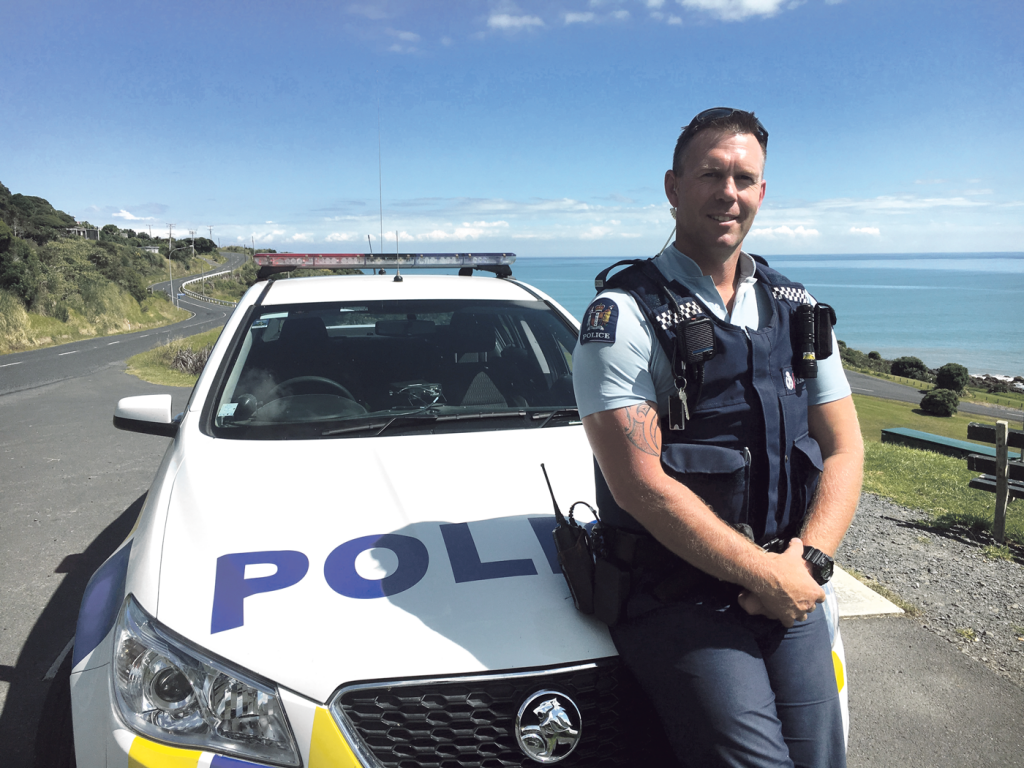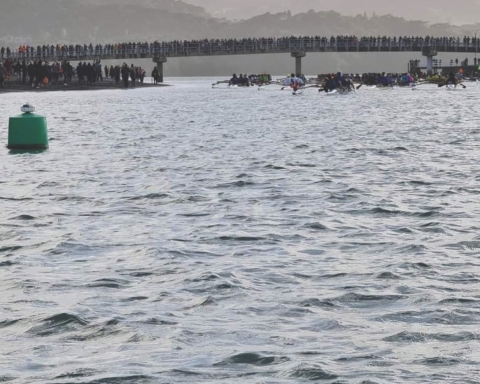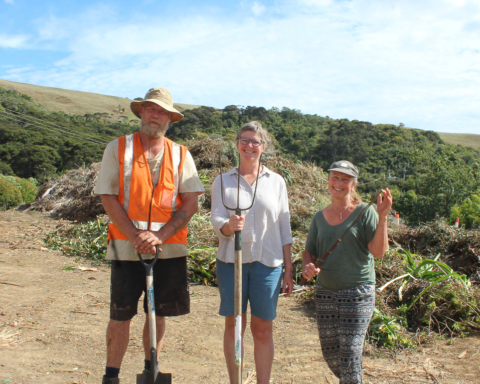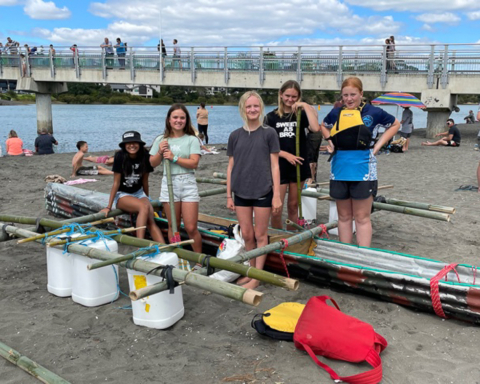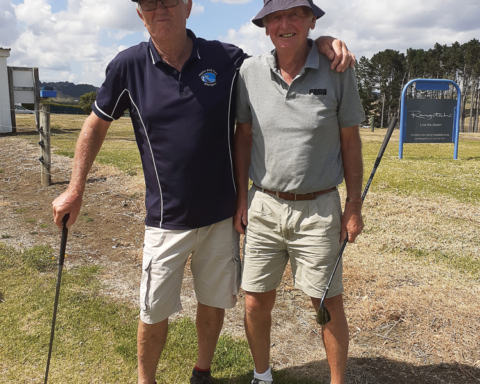Renowned Raglan chef Colin Chung’s first cookbook went to the printers last week – but don’t expect it to grace every second coffee table around the country.
That’s because ‘Kana Vinaka: Contemporary Island Cuisine’, as it’s titled, is all about getting Pacific Islanders – and Fijians in particular – to use their local produce “properly”.
Islanders no longer need to make Western food like the french fries and steak-and-egg meals of old, says Colin. Not for themselves and certainly not for tourists.
Instead they need to know how to use their own fresh seafood and meats, vegetables and fruit in a more modern way.
And this is the main focus of Colin’s 102-recipe cookbook, he says, which shows practical and tasty ways to use local sustainable produce rather than imported products.
Tenderise the pork and beef or transform it into an Island-style stew, he suggests, or create flamboyant desserts with the abundance of tropical fruits.
It’s skills like these that have seen Colin – since moving on from Raglan’s legendary Vinnies cafe – work as a hospitality consultant in the Pacific Islands, training up chefs in the tourist industry.
Now his own consultancy has gone 50-50 with Fiji’s Ministry of Agriculture to get ‘Kana Vinaka’ – roughly translated as good food – printed in Hong Kong and freighted to Fiji by mid-April for three book launches on different days in different areas.
The first will be in the capital of Suva for Government officials supporting the local economy, the second in the city of Nadi where the main island’s hotel industry is based and the third on one of Fiji’s outer islands.
All in an effort to promote Fiji as a “culinary destination”, according to the South Pacific Tourism Organisation.
Colin points out that, value-wise, 80 percent of food consumed in Fiji is imported. He’s hoping his book – with its innovative recipes and focus on seasonal, locally produced food – will be good and cheap enough there to be adopted in schools and educational institutes.
Ultimately that will lead to benefits for local growers and the economy in general, he says.
Fiji’s Ministry of Agriculture also wants to export more foods to Australia and New Zealand, he adds.
“But that’s not my purpose, that’s an offshoot,” Colin says of ‘Kana Vinaka’. “I just want to increase consumption of local produce.”
There will be a Raglan launch of the book, Colin promises, but not till halfway through the year when he can see his way clear of commitments like his latest venture – to open an Island-style Italian restaurant in New Guinea.
When he’s not busy catering in Raglan, Colin’s work as a consultant takes him not only to Fiji and Samoa but also to resorts in the Cook, Solomon and Marshall Islands.
He’s had a lifetime in hospitality, working as a chef in his Hawaii homeland in the 1980s before establishing himself in Raglan.
In Fiji – as a fellow foodie writes on the back cover of Colin’s book – he has spent years “researching the many ways we can validate the importance of sustaining local produce by creating menus with a cuisine that is unique to the Pacific”.
Edith Symes
